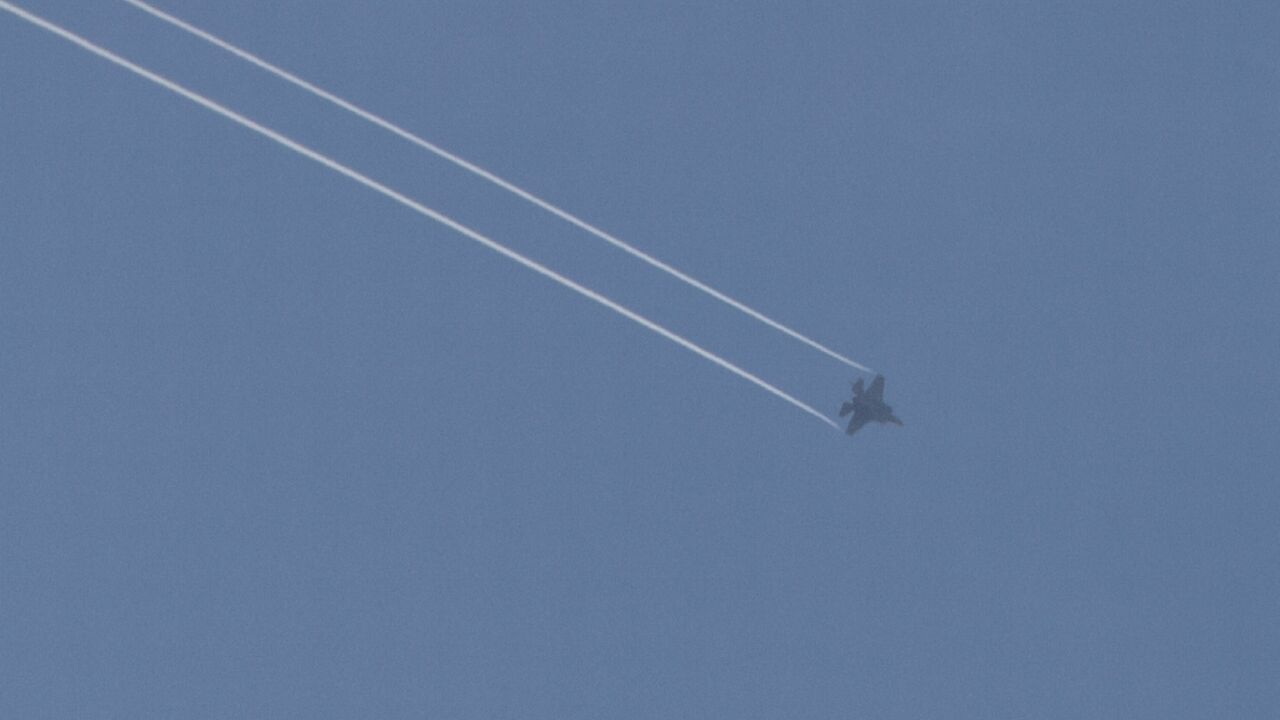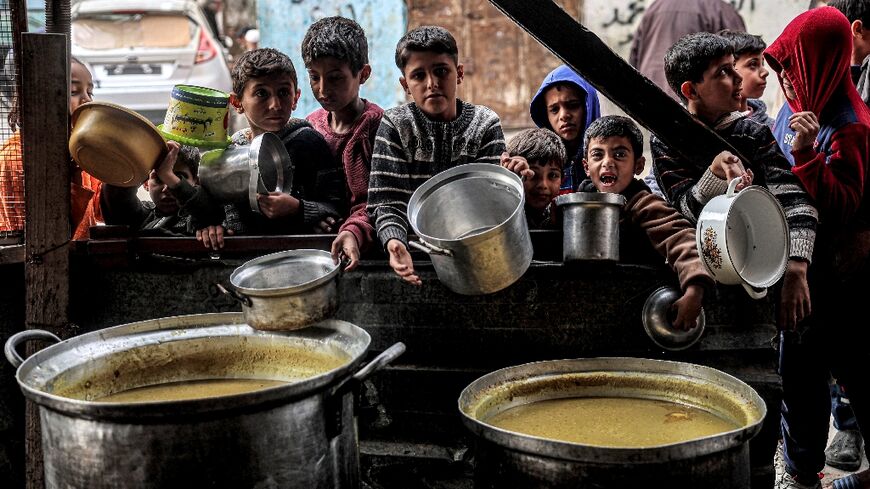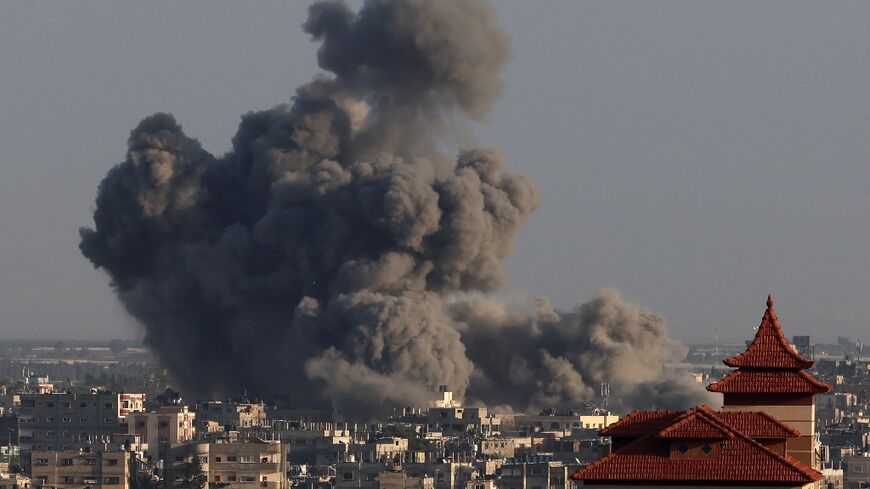Aid groups say stop sending arms to Israel, Palestinian groups

International humanitarian and rights organisations on Wednesday called on countries to halt weapons transfers to Israel and Palestinian armed groups in a bid to end the Gaza conflict, or risk being complicit in possible war crimes.
In a joint statement, the 16 groups urged United Nations member states to stop sending weapons, parts and ammunition to "stop the crisis in Gaza and avert further humanitarian catastrophe and loss of civilian life."
"Israel's bombardment and siege are depriving the civilian population of the basics to survive and rendering Gaza uninhabitable," the statement added. "The civilian population in Gaza faces a humanitarian crisis of unprecedented severity and scale."
Following Hamas's October 7 attack on Israel, "armed groups in Gaza have continued to indiscriminately fire rockets toward population centres in Israel, disrupting school for children, displacing and threatening the lives and well being of civilians," the statement added.
Around 1,140 people were killed in the attacks on southern Israel and some 250 taken hostage, 132 of whom are still being held. The number includes at least 28 hostages now known to be dead.
In response, Israel has carried out a relentless offensive that has killed at least 25,700 people in Gaza, according to the health ministry in the Hamas-run territory.
The war has led to dire shortages of food, water, fuel and medicines in the besieged territory.
- Possible war crimes -
The statement's signatories include Amnesty International, Christian Aid, Medecins du Monde International Network, Norwegian People's Aid, Oxfam and Save the Children.
"We've run out of options," said Alexandra Saieh of Save the Children. "Humanitarian organizations have been doing what they can to deliver humanitarian assistance to the people of Gaza. But our jobs as agencies have been rendered practically impossible.
"If governments do not support a ceasefire, we are asking that at least stop directly fueling the death and destruction in Gaza with foreign-supplied arms," she added.
More than 95 percent of the weapons sent or given to Israel come from the United States, said Martin Butcher, policy advisor on arms and conflict at Oxfam International, followed by Germany with about three percent, and the UK and Italy with less than a percent each.
But the picture is complicated by the fact that a large proportion of components for US-made Israeli F-35 fighter jets come from Britain, while an Israeli drone company, Elbit systems, receives a significant amount of parts from the UK too, he added.
Donatella Rovera of Amnesty International said her group had been able to trace back multiple Israeli attacks that may be violations of international law to US-made weapons.
One of these, an air strike on October 10, killed 24 people, mostly women and children, in a zone south of where Israel had told people to move. "In the case of the youngest child, a baby girl of 17 months, only her hand was recovered," she said.
The groups are reminding countries "some of the killings that we're seeing in the field may amount to war crimes will be investigated -- and the transfer of weapons will count and will be looked upon during this process," added Federico Dessi of Handicap International.
According to the organisations, Israeli military activity has destroyed a "substantial portion of Gaza's homes, schools, hospitals, water infrastructure, shelters, and refugee camps".
Not a single medical facility in Gaza was fully operational and those still able to function had been overwhelmed with trauma cases and shortages of both doctors and medical supplies, the statement added.




